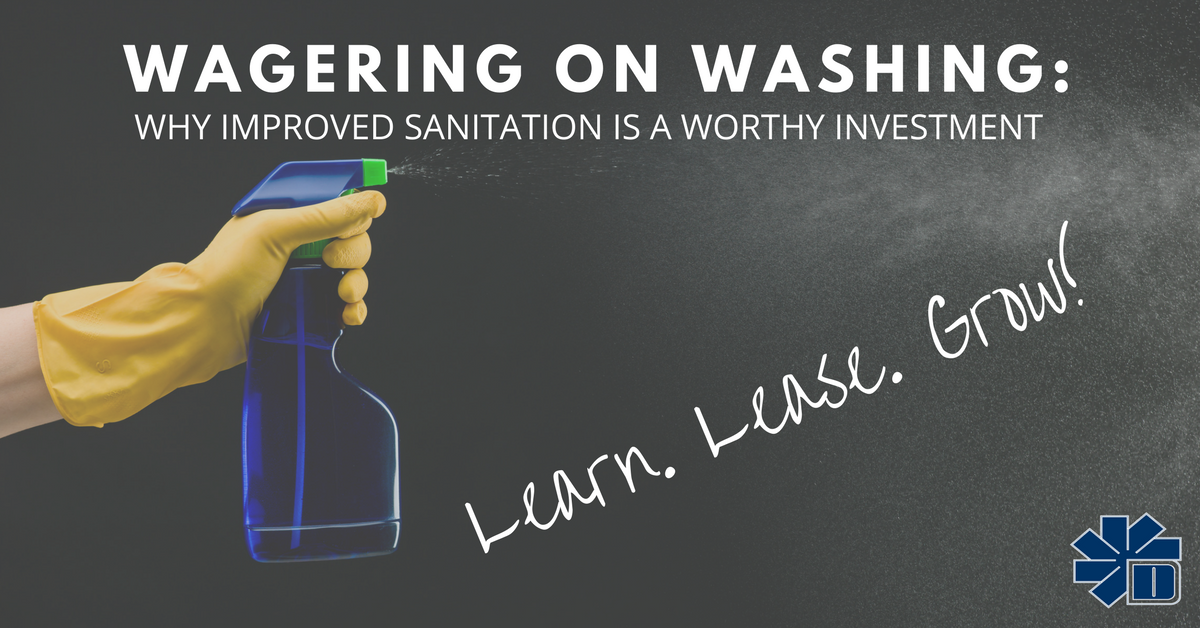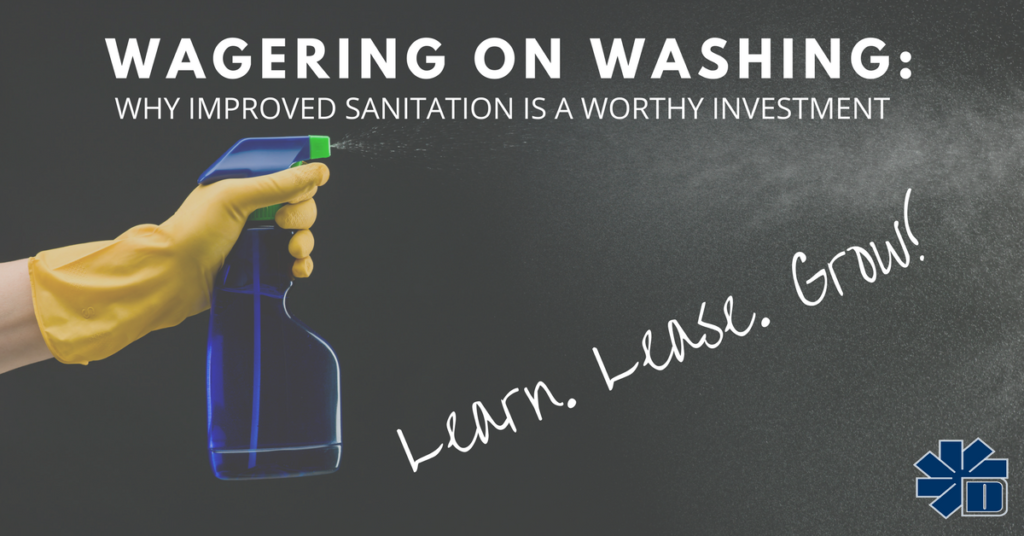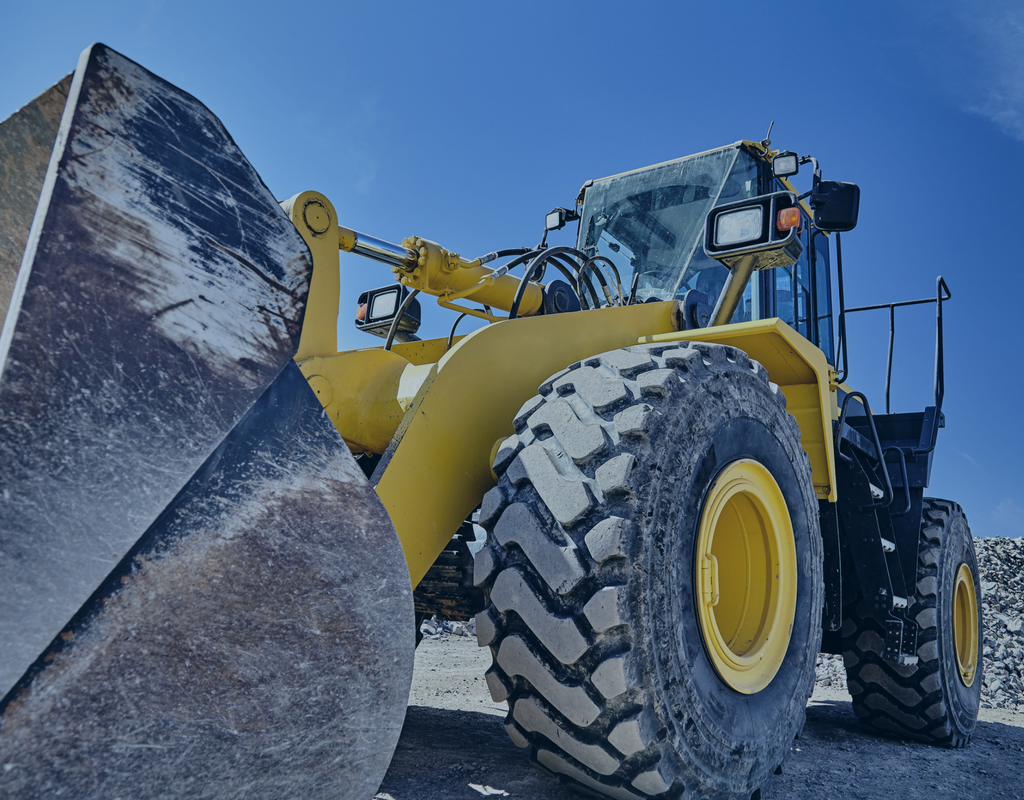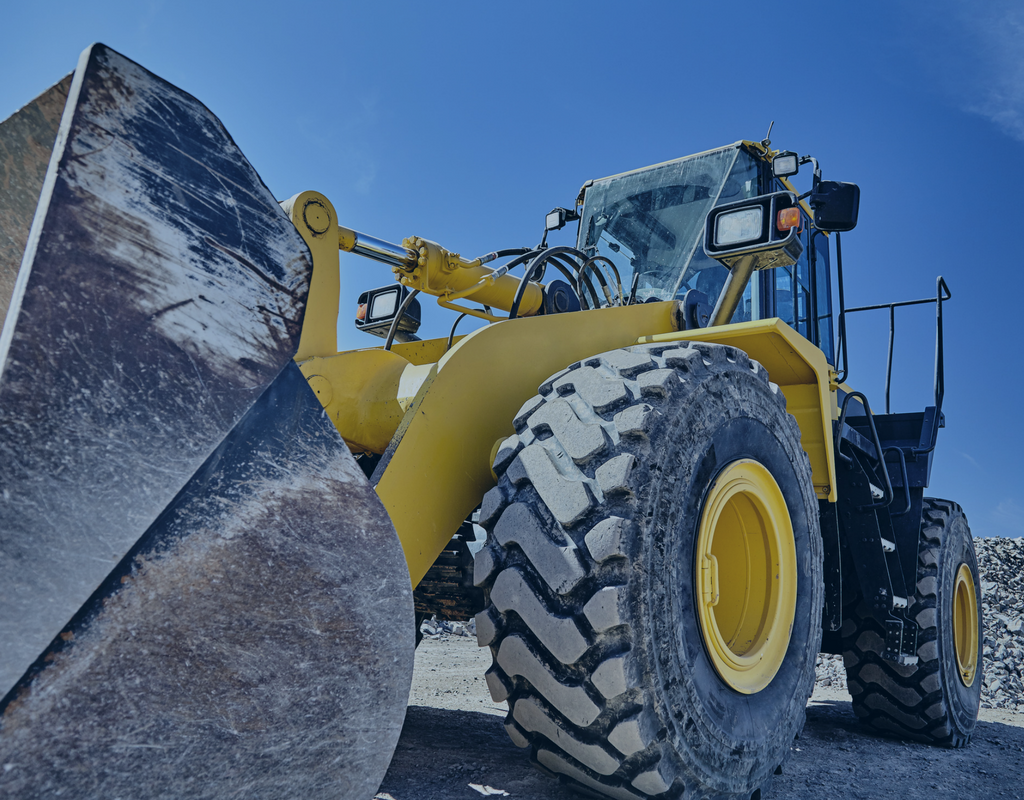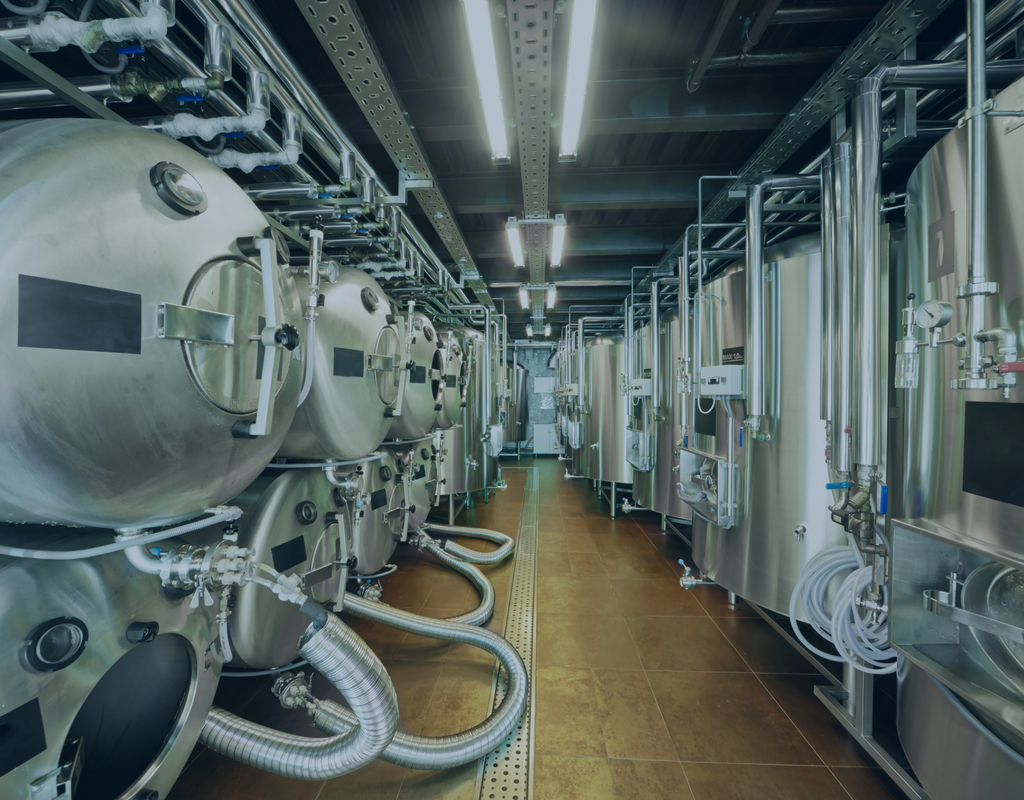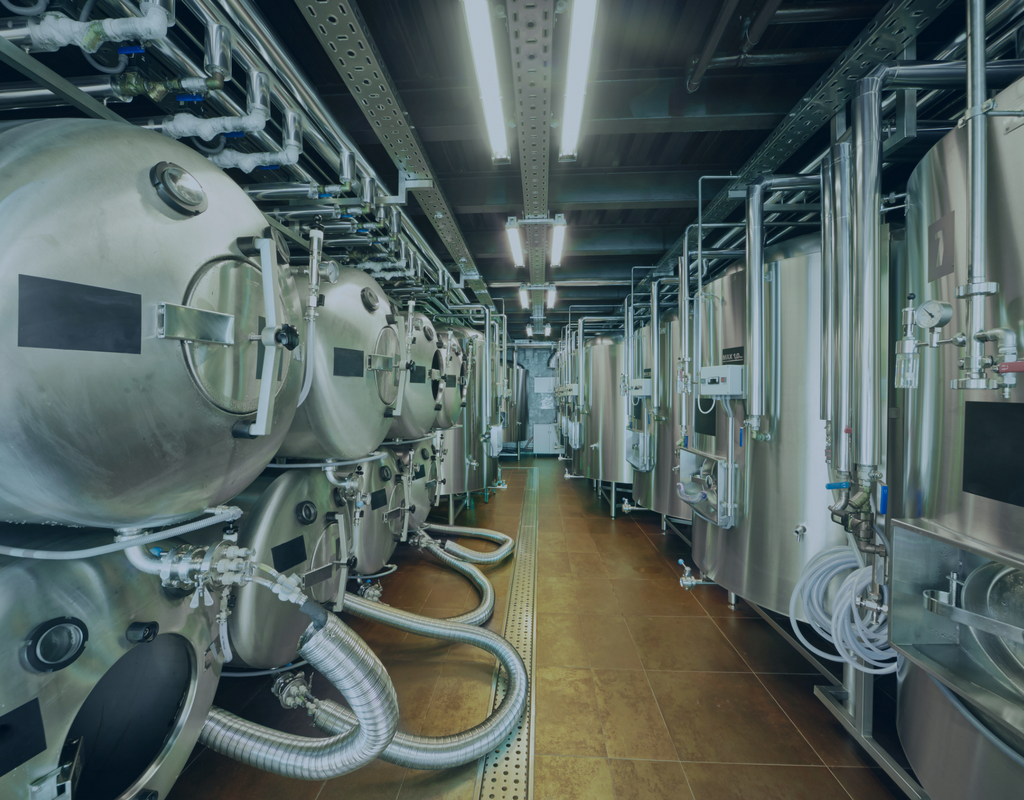Electric Vehicle Enhancements: The Benefits Of Purchasing EVs For Construction

When you think of futuristic technology, what do you picture? If you see an electric car, you’re not alone! Electric vehicles offer an unprecedented opportunity to abandon fossil fuels without sacrificing speed or convenience. While most people picture such vehicles in the hands of ordinary drivers, they also have significant commercial applications, especially in the construction industry.
As a construction company looking to invest in new technology, electric trucks, cranes, and other vehicles should be at the top of your list.
The Many Benefits of Electric Vehicles
Electric construction vehicles and equipment are among the best investments you can make as a construction company. They aid your company on multiple fronts, including through:
- Sustainable Branding– With electric vehicles, every time local utilities add renewable sources or improve efficiency, your carbon footprint will fall. Your company will thus continuously grow more sustainable over time. Not only is this a good in itself, but clients who care about the environment will be more likely to choose you, leading to higher revenues.
- Convenient Charging– Electric vehicles prevent you from having to deliver fuel to your worksites, instead charging your equipment with power from the grid. And while it currently takes a long time to do this, recent advances in battery technology may soon allow you to charge in as little as five minutes. You can thus keep all of your vehicles powered up at a fraction of the effort that it currently takes.
- Silent Solutions– Vehicles and construction equipment that rely on electric technology make little noise. Considering that concerns over noise pollution are among the most common barriers to new construction projects, adopting electric vehicles gives you more flexibility in terms of where and when you build.
While these and other benefits make electric vehicles a great investment, not all companies have the resources to invest in this way. Electric vehicles are still highly expensive, putting them out of the price range of many new and small construction firms. And while they are falling in cost, waiting for them to become affordable for your firm could force you to defer considerable profits.
If you don’t have the money for such investments but want to reap the profits now, consider purchasing electric construction equipment with working capital. Working capital loans provide generous, flexible funding for construction projects, allowing you to invest in equipment that lowers costs, raises revenues, and saves the environment. For more information on buying electric construction vehicles and other new technologies with this capital, contact Dimension Funding today.
Recent Posts
- Benefits of Food Truck Ownership June 26, 2024
- Bonus Depreciation is About to Phase Down to 80% in 2023 December 29, 2022
- Tax Benefits of Buying Equipment & Software Before December 31, 2022 December 8, 2022
- How the Inflation Reduction Act Impacts your Business and You and your Family August 16, 2022
- Recession? What Recession? July 27, 2022


